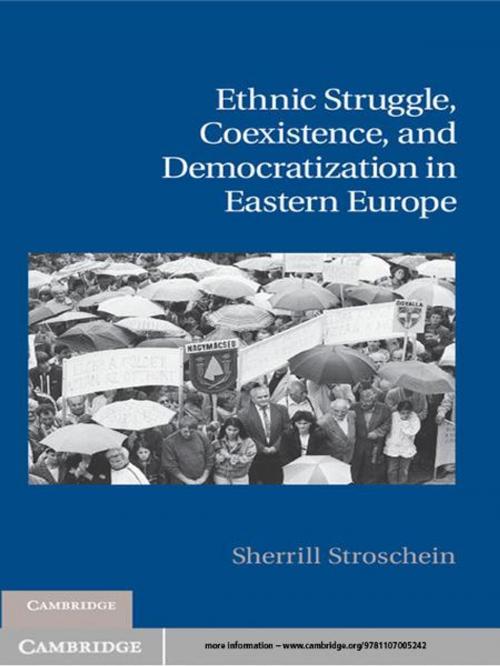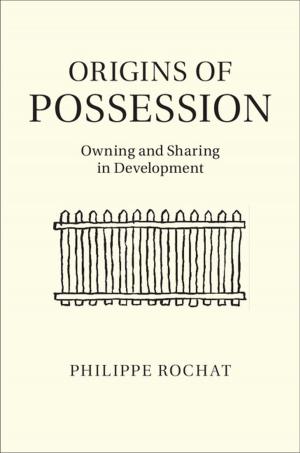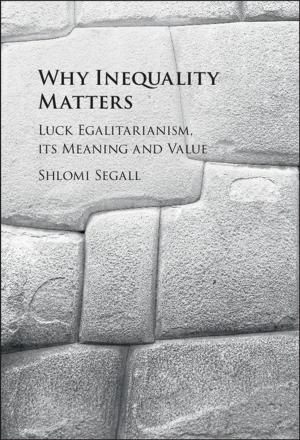Ethnic Struggle, Coexistence, and Democratization in Eastern Europe
Nonfiction, Religion & Spirituality, Philosophy, Social & Cultural Studies, Political Science, Social Science| Author: | Sherrill Stroschein | ISBN: | 9781139411301 |
| Publisher: | Cambridge University Press | Publication: | May 28, 2012 |
| Imprint: | Cambridge University Press | Language: | English |
| Author: | Sherrill Stroschein |
| ISBN: | 9781139411301 |
| Publisher: | Cambridge University Press |
| Publication: | May 28, 2012 |
| Imprint: | Cambridge University Press |
| Language: | English |
In societies divided on ethnic and religious lines, problems of democracy are magnified – particularly where groups are mobilized into parties. With the principle of majority rule, minorities should be less willing to endorse democratic institutions where their parties persistently lose elections. While such problems should also hamper transitions to democracy, several diverse Eastern European states have formed democracies even under these conditions. In this book, Sherrill Stroschein argues that sustained protest and contention by ethnic Hungarians in Romania and Slovakia brought concessions on policies that they could not achieve through the ballot box, in contrast to Transcarpathia, Ukraine. In Romania and Slovakia, contention during the 1990s made each group accustomed to each other's claims and aware of the degree to which each could push its own. Ethnic contention became a de facto deliberative process that fostered a moderation of group stances, allowing democratic consolidation to slowly and organically take root.
In societies divided on ethnic and religious lines, problems of democracy are magnified – particularly where groups are mobilized into parties. With the principle of majority rule, minorities should be less willing to endorse democratic institutions where their parties persistently lose elections. While such problems should also hamper transitions to democracy, several diverse Eastern European states have formed democracies even under these conditions. In this book, Sherrill Stroschein argues that sustained protest and contention by ethnic Hungarians in Romania and Slovakia brought concessions on policies that they could not achieve through the ballot box, in contrast to Transcarpathia, Ukraine. In Romania and Slovakia, contention during the 1990s made each group accustomed to each other's claims and aware of the degree to which each could push its own. Ethnic contention became a de facto deliberative process that fostered a moderation of group stances, allowing democratic consolidation to slowly and organically take root.















